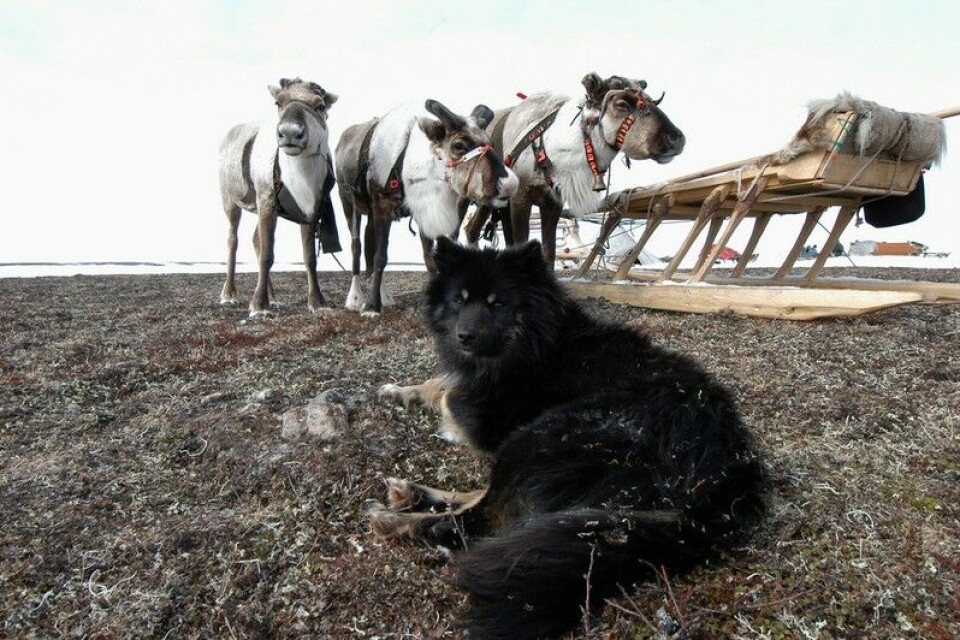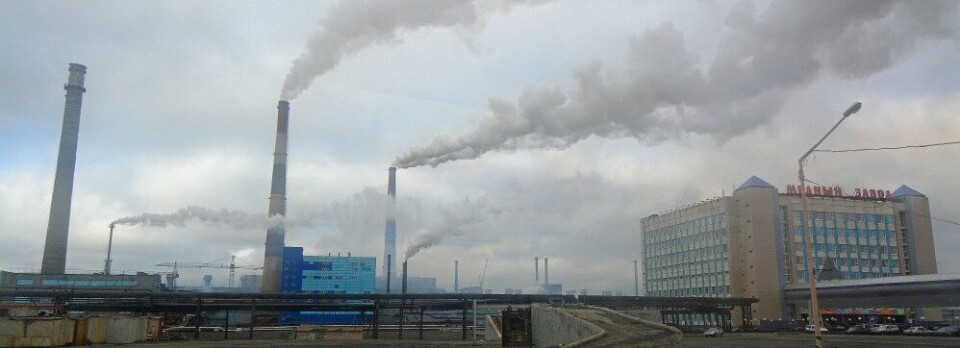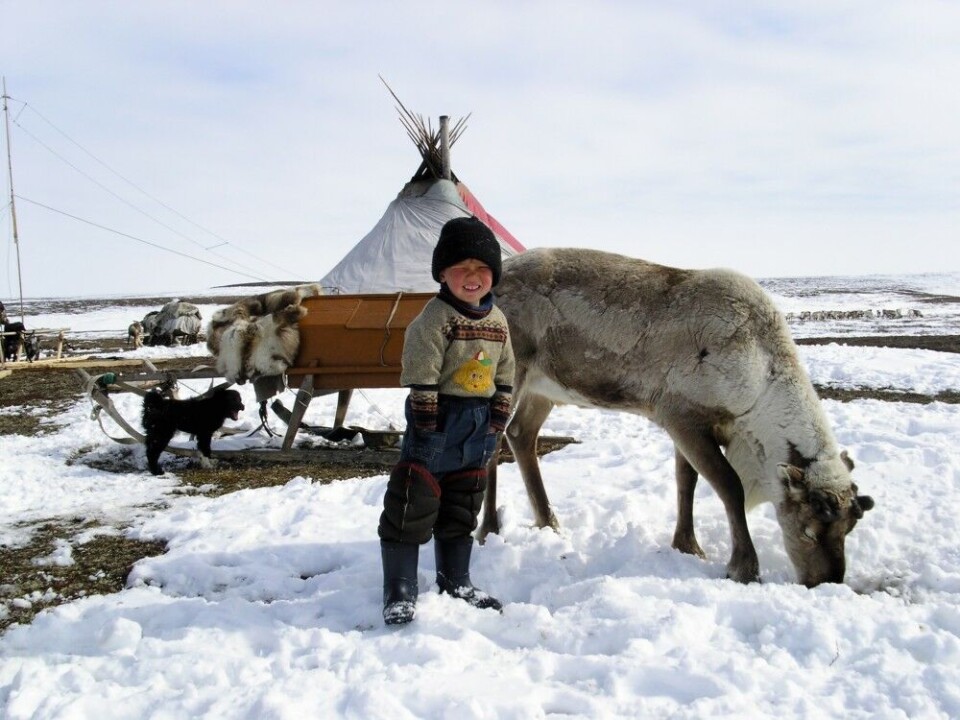
Indigenous peoples call on Nornickel's global partners to demand environmental action
Nornickel does not invite us to meetings, so now we urge international shareholders and buyers of their metals to take action, says Pavel Sulyandziga, President of the Batani Foundation, an exile group working for the rights of indigenous peoples in the Russian north.
Nornickel’s multibillion-dollar worth mining- and metallurgical plants on the Siberian tundra are key to deliver metals for the electromobility industry. The company produces one third of the global supply of nickel and has some of the largest factories in the world for copper and cobalt.
All three metals are in growing demand as Europe, Asia and North America try to catch up in global battery race.
In Russia, however, the scramble for metals come with a cost. Pollution from the factories in Norilsk has for decades ranked top in global air pollution and a recent oil spill caused anger all the way to President Putin’s office.
Nornickel claims it has environment as a top priority, with comprehensive plans to further reduce air pollution.
That priority is questioned by indigenous peoples who feel they are taking to a wall.
“No, Nornickel does not invite to meetings and conferences,” said Pavel Sulyandziga when asked by the Barents Observer about his indigenous group’s dialog with the metallurgical giant.
“They are used to dictate conditions to everyone in Russia. In Taimyr, Nornickel is the Tsar and the God at the same time,” he said.
Sulyandziga is President of Batani Foundation, an international fund created to support indigenous peoples in the Russian north. The group’s help to communities protesting mineral extraction and industrial pollution on indigenous land has always been a thorn in the eye of authorities. The Russian government declared Batani Foundation as a foreign agent in 2015 and two years later, the organization was liquidated by the Moscow city court after a demand from the Ministry of Justice.
Since then, the group has worked in exile, with staff members asking asylum in the United States, Norway and Sweden.
Critical questions excluded

Sulyandziga claims Nornickel brings in only those indigenous peoples who can paint a “beautiful picture” of the company’s activities.
“Those who ask inconvenient questions, about various violations and problems, are simply excluded.”
Together with 35 other organizations and entities working with indigenous peoples rights and environment, the Batani Foundation has sent an urgent call to both international banking and credit institutions and buyers of metals from Nornickel.
One of the receivers of the letter is BASF, the world’s largest chemical producer and a leading producer of material to electric vehicle’s battery production.
“Given the increasing level of ethical and environmental scrutiny that is being brought to bear on supply chains for battery nickel, it is imperative that BASF does not fall foul of investor sentiment. For BASF’s Group Position and Supplier Code of Conduct to have credibility, BASF must take action to address Nornickel’s violations,” the letter reads and lists numerous examples of environmental misconduct by Nornickel in the Russian Arctic region.
Pavel Sulyandziga hopes external pressure from global customers will help.
“Nornickel only understands money. If BASF makes it clear to Nornickel that it is necessary to change its policies and attitudes, this will encourage Nornickel to actually pursue a policy of respect for the rights of indigenous peoples in accordance with international standards,” Sulyandziga said.
He adds: “We want to see this change in reality, not in presentations.”
“Sustainability matters”
Christine Haupt, spokesperson for BASF, assures to the Barents Observer that the company expect all suppliers “to fully comply with applicable laws and to follow internationally recognized environmental, social and corporate governance standards.”
She said BASF is in regular contact with Nornickel on sustainability matters and other aspects relevant to cooperation.
It was in 2018, BASF and Nornickel established a strategic cooperation to meet the growing needs for battery materials in electric vehicles. The cooperation includes construction of a new plant for battery material production serving the European automotive market in adjacent to the nickel and cobalt refinery owned by Nornickel in Harjavalta in Finland.
“What counts in our view, based on the UN Guiding Principles on Business and Human Rights, are the willingness and actins of a company to work towards sustainability,” said Christine Haupt.
She said BASF is co-founder of the Global Battery Alliance, which brings together business, government and civil society to develop standards and tolls to create a social responsible, ecological and economically sustainable, and innovative value chain for batteries.

















